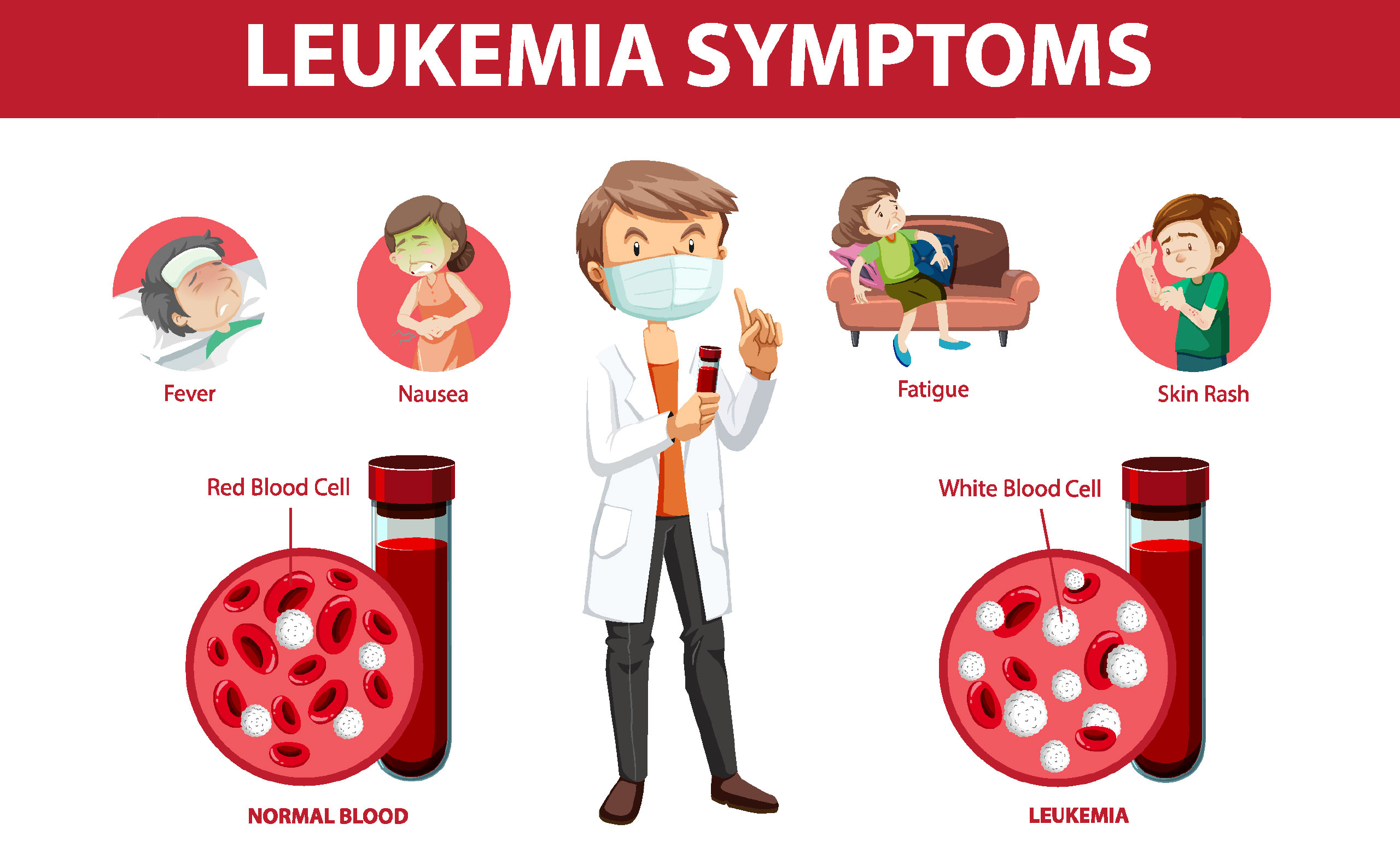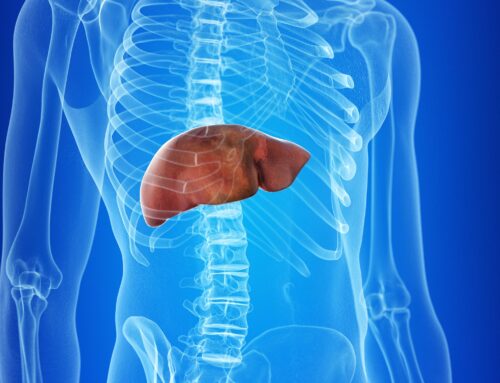Each year, Blood Cancer Awareness Month, observed in September, requests public attention to the many forms of blood cancer, including leukemia, lymphoma, and myeloma. This observance aims to promote blood cancer awareness, highlight blood cancer symptoms, and help people grasp what happens during the end stages of lymphoma or advanced leukemia. At Ascend Hospice Care, this is also an opportunity to explain why early transition to hospice can enhance comfort, dignity, and quality of life.
The Scope and Urgency of Blood Cancer
In 2025, cancer remains a leading cause of illness and death globally. In the United States alone, around 2,041,910 new cancer cases and 618,120 cancer deaths are projected. Among all cancers, blood cancers (including leukemia, lymphoma, and myeloma) account for a significant portion of the overall burden.
According to the Leukemia & Lymphoma Society, in the United States in 2024, there were 187,740 new cases of leukemia, lymphoma, and myeloma, and 57,260 patients passed away from those diseases. In some estimates, blood cancers account for nearly 9.4 percent of new cancer diagnoses and deaths last year.
Leukemia, in particular, is a major focus of public health efforts. The leukemia staging system varies by subtype; however, leukemia is broadly classified by its lineage (lymphoid versus myeloid) and by its tempo (acute or chronic). The progression of leukemia symptoms may differ markedly between types, making early recognition essential.
Due to the complexity and diversity of blood cancers, ongoing efforts remain crucial for educating patients, caregivers, and healthcare professionals alike.
Recognizing Early and Progressive Blood Cancer Symptoms
Common Blood Cancer Symptoms
Across leukemia, lymphoma, and myeloma, symptoms often overlap with benign conditions. Still, awareness of blood cancer symptoms is key. Some of the more common red flags include:
In lymphoma (both Hodgkin and non-Hodgkin), swelling of lymph nodes, drenching night sweats, and unexplained fevers are classic signs.
For leukemia, an early blood count may reveal abnormalities (low red cells, low platelets, abnormal white cells). As leukemia advances, symptoms may intensify: increased bleeding or bruising, more frequent infections, fatigue, and organ infiltration, like an enlarged liver or spleen.
Monitoring patients with risk factors or early signs and promoting prompt evaluation remains a pillar of blood cancer month messaging.

Progressive and Advanced Symptoms
As leukemia or lymphoma advances, symptoms tend to worsen or new symptoms arise. Progression of leukemia symptoms may lead to bone pain, severe fatigue, neurologic symptoms (if the central nervous system becomes involved), and bleeding.
In addition, in the end stages of lymphoma, patients may experience:
A review of imminent end-of-life signs in cancer patients lists the following as common features: decreasing responsiveness, impaired oral intake (refusal of foods and fluids), intractable pain, increasing dyspnea despite optimal treatment, impaired consciousness, terminal agitation, skin mottling, “death rattle” breathing, and irregular respiratory patterns.
Medical teams and caregivers must remain vigilant for these changes. When these signs appear, the emphasis shifts from curative treatment to compassionate symptom relief and support.
Hospice Care for Blood Cancer Patients
Many patients with advanced blood cancer delay hospice referral until very late. But our perspective can transform the experience of the final months or weeks.

How to Raise Awareness and Encourage Action
Awareness and Timely Transition
Blood Cancer Awareness Month is more than symbolic. It offers an essential platform for spreading knowledge about blood cancer symptoms, boosting leukemia awareness, and building public understanding of how the disease evolves, even into the end stages of lymphoma or late leukemia.
For those caring for patients with advanced disease, the decision to accept hospice care early can mean better managed pain, less aggressive hospital use, stronger psychosocial support, and greater dignity during the final phase of life.
At Ascend Hospice Care, we believe that early, honest conversations and timely referrals can transform the end-of-life experience. During this awareness month and beyond, we invite patients, families, medical professionals, and advocates to join in educating, supporting, and empowering those touched by blood cancer.
If you or your loved one is facing advanced leukemia or lymphoma, reach out early to hospice professionals, learn about symptom management, clarify values, and plan ahead. Awareness leads to action, and timely compassion can change how one’s final chapter is lived.




